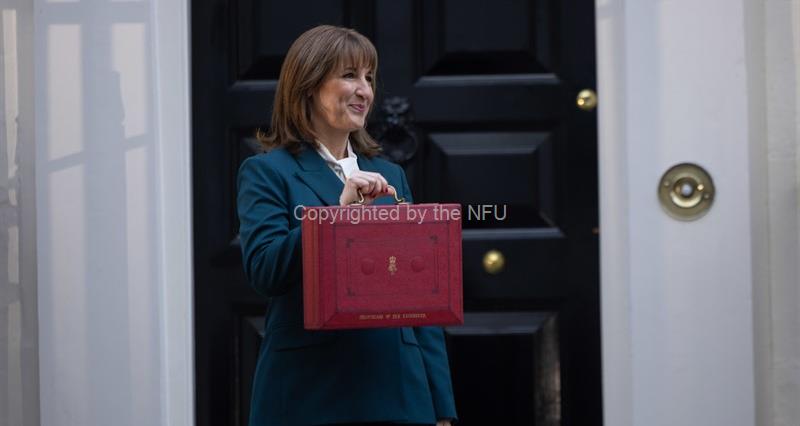“It is also a huge smack in the face to the Labour MPs who have been working so hard to find a way through this for their local farmers. To them, we say thank you.
“The Chancellor said she wanted to ‘back working people not make them poorer’ and to ‘increase investment not cut it’. To do that, government must look again at the multiple solutions that have been put forward by industry and tax experts.
“Public support over the past year has been incredible. We will need this support to continue from all sides to create the change needed to protect those people caught up in this unjust, unfair policy. The fight continues; we cannot give up and we will work with the wider industry, supply chain and MPs on next steps.”
What does the change to the family farm tax mean?
Latest update: Currently, the first £325,000 of assets in any individual’s estate are exempt from inheritance tax; this is known as “the nil rate band”. This is available to everyone – whether they are a farmer or not.
If you leave assets to your spouse or civil partner, they are usually exempt from inheritance tax. Because you are transferring ‘across’ to your spouse, rather than ‘down’ to your children, you haven’t used your nil-rate band, so the band is transferred to the surviving partner. For example, if the husband dies first, the wife will have two nil rate bands when she dies – hers and her husband’s.
Originally, the family farm tax didn’t allow the £1 million APR/BPR allowance to transfer between spouses. So, if the wife died first and left everything to her husband, he would still only have one £1 million allowance to pass on to his children.
The Chancellor has now changed this. The £1 million allowance can be transferred between spouses. This means a farmer doesn’t have to leave £1 million of agricultural assets to their children when they die. They can leave it to their spouse, and the spouse can use both allowances – £1 million from their partner and £1 million of their own – when passing assets to their children. This is a minor change, but will offer some relief to married farmers who die unexpectedly with young children.
If the first death is before 6 April 2026, it will be assumed the entirety of the allowance will be available for transfer to the surviving spouse or civil partner. This will make the rules fairer for widows and widowers, and reduce complexity.

